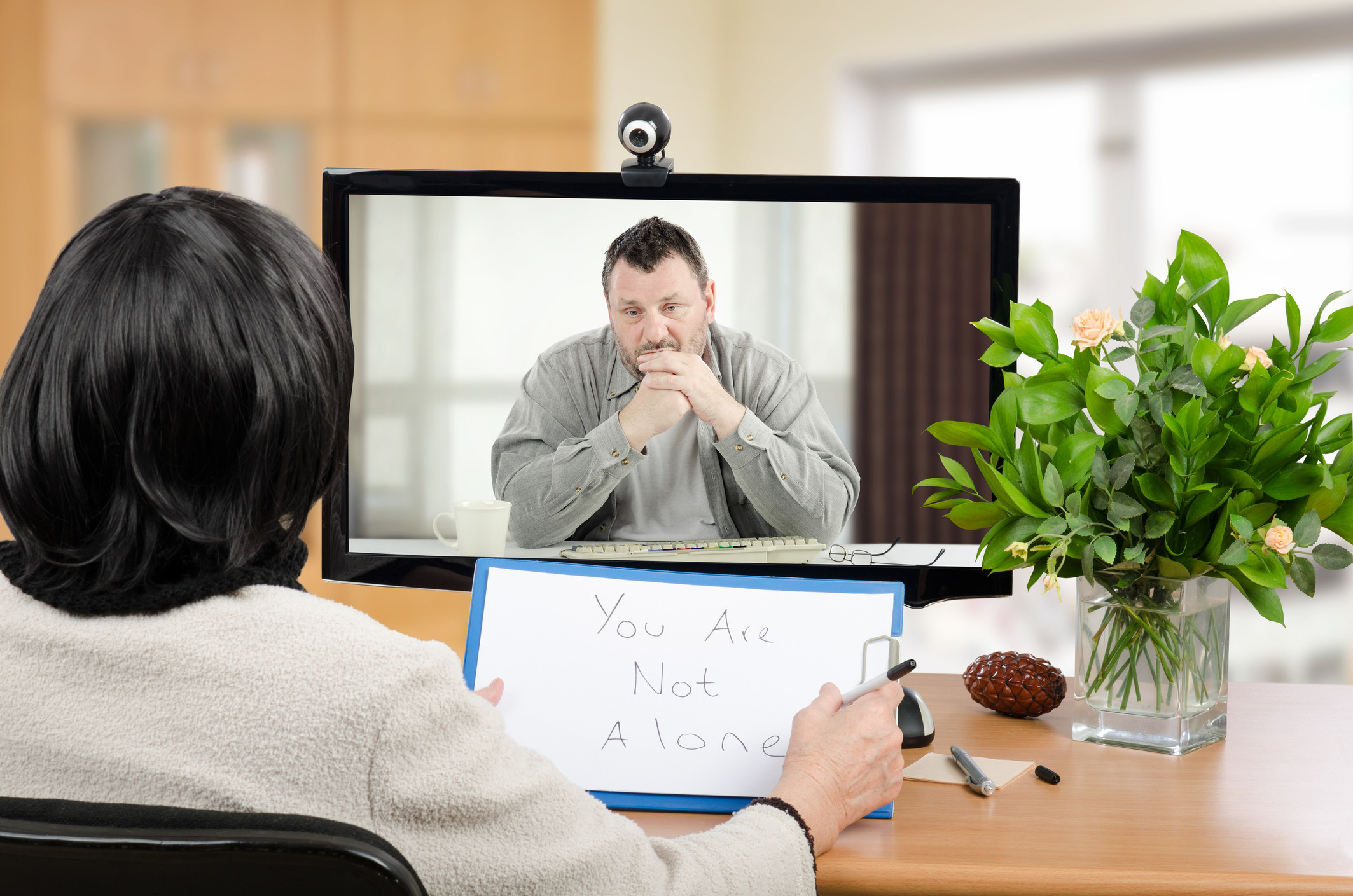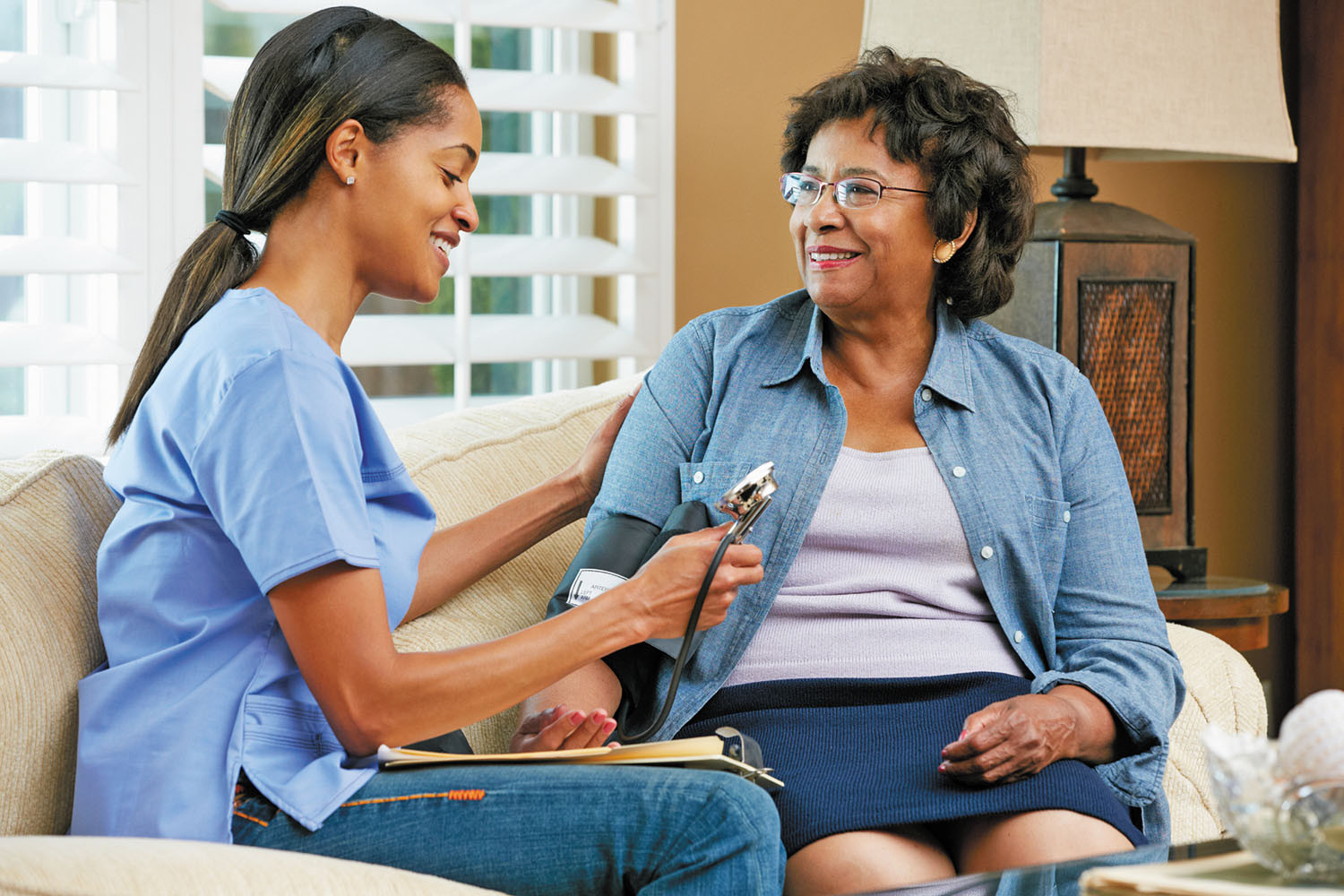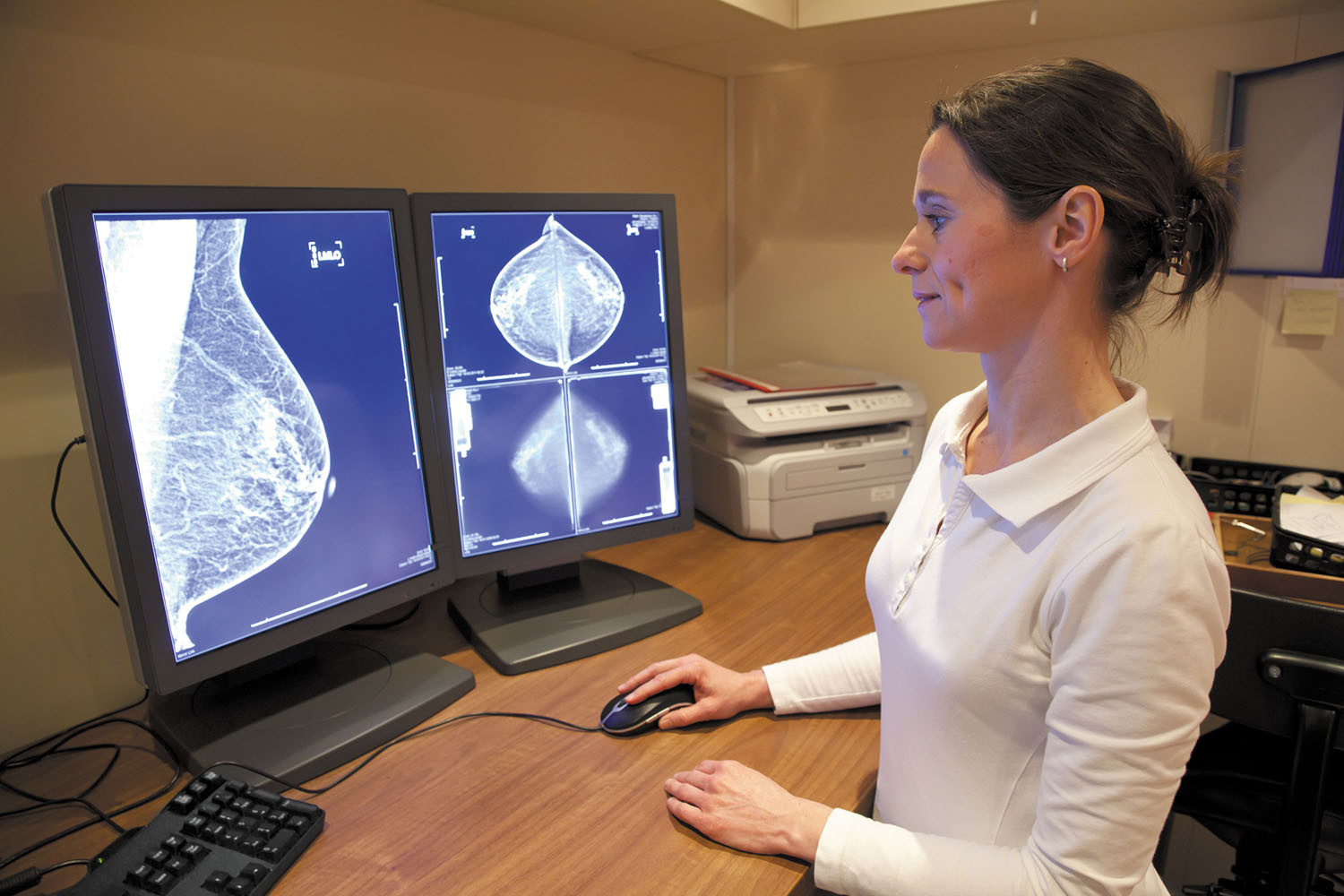
How — and why — to fit more fiber and fermented food into your meals

UTI in older women: Why postmenopausal women are susceptible to urinary tract infection, and what to do about it

Can a routine vaccine prevent dementia?

Some adults may need a measles booster shot. Who should get one and why?

Less butter, more plant oils, longer life?

Healthier planet, healthier people

Counting steps is good — is combining steps and heart rate better?

Appendix pain: Could it be appendicitis?

Can saw palmetto treat an enlarged prostate?

How does Ozempic work? Understanding GLP-1s for diabetes, weight loss, and beyond
Healthcare Archive
Articles
Recovering from addiction during a time of uncertainty and social distancing
Because the very nature of recovery support involves face-to-face interaction, whether in support group meetings or dispensing medication, it is at odds with the need for social distancing during the COVID-19 crisis, creating barriers to receiving support and maintaining recovery.
Should you try home hospital care?
News briefs
In the old days, doctors would make house calls; that rarely happens today. However, a new kind of "house call" is in the works: in many cities it's now possible to receive hospital care at home for certain conditions. Such "home hospital care" programs are gaining in popularity. A randomized controlled Harvard study published online Dec. 17, 2019, by Annals of Internal Medicine suggests that the home hospital model of care is less expensive and leads to fewer readmissions than in-hospital care.
Researchers studied about 90 people who'd been diagnosed in the emergency room with infections or flares of heart failure or breathing problems. Half of the people were admitted to hospitals, and the other half were enrolled in home hospital care. The home hospital care group received visits from doctors and nurses, intravenous medications, and video monitoring. People in the home group had 38% lower hospital costs than those in the hospital group, they were more active during care, and they were readmitted to the hospital within 30 days after their care less frequently (7% vs. 23%) than those in the hospital group. Home hospital care is not appropriate for everyone. "If someone is too sick or is in need of advanced procedures, their care may be better delivered in a traditional hospital," says Dr. David M. Levine, the study's lead author and an internal medicine specialist with Harvard-affiliated Brigham and Women's Hospital. However, if you have an illness that needs constant monitoring and treatment for several days — in other words, it can't be done in a doctor's office — yet it also doesn't require advanced procedures or constant and intensive nursing care, the home hospital care model may make sense. "If the home hospital model were offered to a member of my family, I'd encourage them to do it," says Dr. Levine.
Doctors’ pain pill prescribing habits at odds with current guidelines
Research we're watching
Doctors have been overprescribing opioids for chronic musculoskeletal pain, according to a December 2019 study in The Journal of Pain. Researchers looking at data from a survey conducted between 2007 and 2015 found that doctors more often prescribed pills, either non-opioid or opioid, rather than physical therapy, counseling, or other nondrug interventions — a practice that is directly at odds with what experts now recommend, including those in the CDC Guideline for Prescribing Opioids for Chronic Pain. At their first visit with the doctor, people were most often prescribed non-opioid painkillers (40.2%) or opioids (21.5%), followed by counseling, nonpharmacological treatments, and physical therapy. Study authors say this shows there is room for improvement through education. However, it's worth noting that the time period studied (2007 through 2015) preceded much of the recent work and advocacy aimed at reducing prescriptions of opioids.
Image: © robeo/Getty Images
Bargain or beware? Tips to buy gently used medical equipment
Do a thorough assessment to make sure equipment is safe.
Your doctor or an occupational therapist may recommend that you use some kind of medical equipment, such as a walker, electric scooter, cane, lift chair, or shower chair. Such equipment can help you maintain your independence or continue living at home. But what if your insurance won't pay for an item or if you need a spare? For many people, the solution is gently used equipment.
Bargain hunting
You'll find used medical equipment in consignment shops and thrift stores, and through online classified ad sites (such as Craigslist). The deals are substantial: you may find a used electric wheelchair (that retails for $2,500 new) for a few hundred dollars, or a used power lift chair ($500 new) for just $75.
Talking to your doctor about your LGBTQ+ sex life
Talking about sexuality with a doctor can be uncomfortable. If you identify as LGBTQ+, it's important to find a doctor who is attuned to the specific needs of the LGBTQ+ community. This can make getting proper care easier.
When someone you love won’t create an advance directive
What if someone you love doesn't have an advance directive? That's common, although the underlying reasons may differ. Basic barriers include thinking that an advance directive isn't needed, not wanting to think about death or serious illness, not wanting to burden people, not knowing enough about advance directives and health care choices, needing help to fill out the forms, and lack of time with the doctor to discuss the matter. A person's ethnic or cultural background can also be a barrier: minorities tend to be more suspicious of health care providers and resistant to talking about or completing advance directives. According to AARP, African Americans in home health care and nursing homes are half as likely as whites to have advance directives.
To deal with this situation, try asking your loved one two simple questions, even if you think you know the answers.
The doctor will see you now, in your home
The old-fashioned house call is back in a big way. Here's how it works.
It's hard to get to the doctor when you don't drive anymore or you're struggling with several chronic medical conditions. The result may be missed appointments and a lack of needed care.
But a growing trend makes it far easier for older adults to get medical attention, bringing routine exams and diagnostic tests to the patient's doorstep. It's called home-based medical care — when doctors, nurse practitioners, physician assistants, or other providers visit and treat older adults right in their homes.
Medically tailored meal programs linked to fewer hospital stays, lower costs
News briefs
As we've reported before, free medically tailored meals are making a big difference for older adults who have chronic illness or are recovering from a hospital stay. The meals are provided by nonprofit agencies and are customized to your dietary needs — like a potassium-controlled diet if you have kidney disease, or a diet low in vitamin K if you're taking a blood thinner. Now an observational study published online April 22, 2019, by JAMA Network Open suggests that taking part in a free medically tailored meal program is linked to fewer admissions to hospitals and nursing homes, as well as lower medical costs. Researchers looked at about 1,000 adults with health problems such as cancer or diabetes. Half took part in a free medically tailored meal program for about a year; the other half did not. During a two-year follow-up, people who received medically tailored meals had 49% fewer hospital admissions and 72% fewer nursing home admissions than those who did not receive meals. Getting the meals was also tied to a 16% reduction in medical costs each month. To find a program near you, check out the partner section of the Food Is Medicine Coalition (www.fimcoalition.org/partners).
Image: © FredFroese/Getty Images
Dealing with high-density breasts
The FDA may require mammography facilities to notify patients about this breast cancer risk factor, but women don't know what to do with this information.
Do you know how dense your breasts are? If you don't, a new proposal by the FDA may mean you will soon find out.
The agency proposed a change that, if approved, will require mammography facilities to send letters informing women about their breast density — a measure of the proportion of active tissue versus fat in their breasts (see "The FDA proposal").

How — and why — to fit more fiber and fermented food into your meals

UTI in older women: Why postmenopausal women are susceptible to urinary tract infection, and what to do about it

Can a routine vaccine prevent dementia?

Some adults may need a measles booster shot. Who should get one and why?

Less butter, more plant oils, longer life?

Healthier planet, healthier people

Counting steps is good — is combining steps and heart rate better?

Appendix pain: Could it be appendicitis?

Can saw palmetto treat an enlarged prostate?

How does Ozempic work? Understanding GLP-1s for diabetes, weight loss, and beyond
Free Healthbeat Signup
Get the latest in health news delivered to your inbox!
Sign Up











